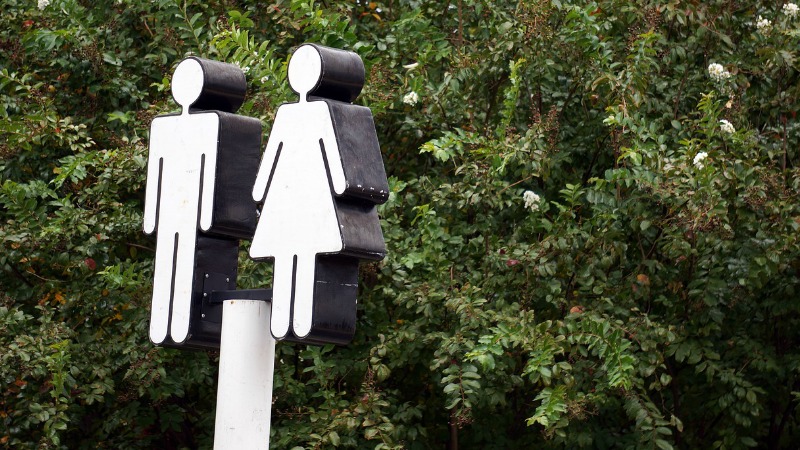Four years ago, our current President said he personally opposed same-sex marriage. Today, the Supreme Court has found a Constitutional right to same-sex marriage, contra all recorded sociopolitical, religious, and human history.
Few today are surprised at the Court’s ruling. This has been the prediction of most politicos and social commentators for a while. But simply because we are not surprised does not mean we are also not appalled. On the contrary, the Court’s ruling is indeed a moral and historical disaster. The Court has interpreted the United States Constitution as guaranteeing American adults the kind of autonomy that denies children the stability and flourishing that comes from having a mother and a father. We ought not be coy about the generation’s worth of confusion that this decision will facilitate.
As Christians, we believe in marriage. We believe that it is from above, not below. We believe that it matters supremely to agree with God about the definition and purpose of marriage and family. So today we grieve for our country and solemnly pray that soon God would grant the leaders of our nation new hearts to see the beauty of biblically defined marriage law.
And yet, because we are Christians, we don’t just believe that great harm has been done. We also believe that Jesus Christ is the one and only sovereign over history. We believe that the Supreme Court, powerful and important as it is, cannot put the resurrected King of Kings back in his graveyard plot. Because we are Christians, we believe that not even the gates of hell can overcome the Bride for whom Christ died. Ours is a quiet confidence, rooted not in Gallup but in the Gospel.
So, “how now shall we live?” How shall we teach and preach and counsel and love in such a way to point people towards the truth about marriage, even as we do so in contradiction to the legal systems of our nation? Thankfully, we have a paradigm to follow: The pro-life movement.
For over 40 years, the pro-life movement in this country has overwhelmingly modeled what compassionate, counter-cultural, and quietly confident public engagement should look like. Even in the aftermath of the Supreme Court’s devastating decision in Roe v Wade, courageous public voices came forward to challenge popular opinion and advocate for human dignity. Many churches became mobilizing and stalwart forces for the pro-life cause, not just by legal advocation but by actually ministering to the needs of women, men, and babies in crisis.
Indeed, it was these churches that held to a holistic vision of human dignity and the value of all life that have been most effective in the fight against abortion culture. Whether through establishing crisis pregnancy centers, offering free health clinics, modeling the Gospel through adoption and adoption advocacy, or welcoming the wounded, abused, and frightened into the friendship of the local congregation, pro-life churches that don’t just preach pro-life as a political talking point but as a spiritual reality are the ones that we should thank for the remarkable victories we’ve seen.
That means that we in 2015, under the shadow of the Supreme Court’s ruling on marriage, have both an encouragement and a warning from the pro-life movement. The warning is that political victory does not equal cultural persuasion. It is possible to win the White House but lose the neighborhood. Churches that put their energy in electing the right candidate or repealing the wrong law, to the exclusion of actually living out mercy and justice in their communities, should not expect meaningful victories for traditional marriage.
We also have an encouragement. Despite the Supreme Court’s decision in 1973, by God’s grace, we are seeing small but crucial turns in our national and political culture towards valuing unborn life. We are a long way from where we need to be, but we are certainly not where many predicted we would be. There is strong pro-life sentiment in this country that was unimaginable 30 years ago. This should be a sober reminder to us today about the power of prayer and the sovereign grace and goodness of Jesus Christ.
The pro-life movement’s victories were only possible because its champions understood that legal consensus is never the final word. Imagine how much different the cause for life and dignity would look today if that first generation of pro-life advocates decided that being on the wrong side of the Supreme Court and the wrong side of history was just too high a price to pay. Thank God that was not them, and God forbid it should be us. Let’s follow their lead onward.







